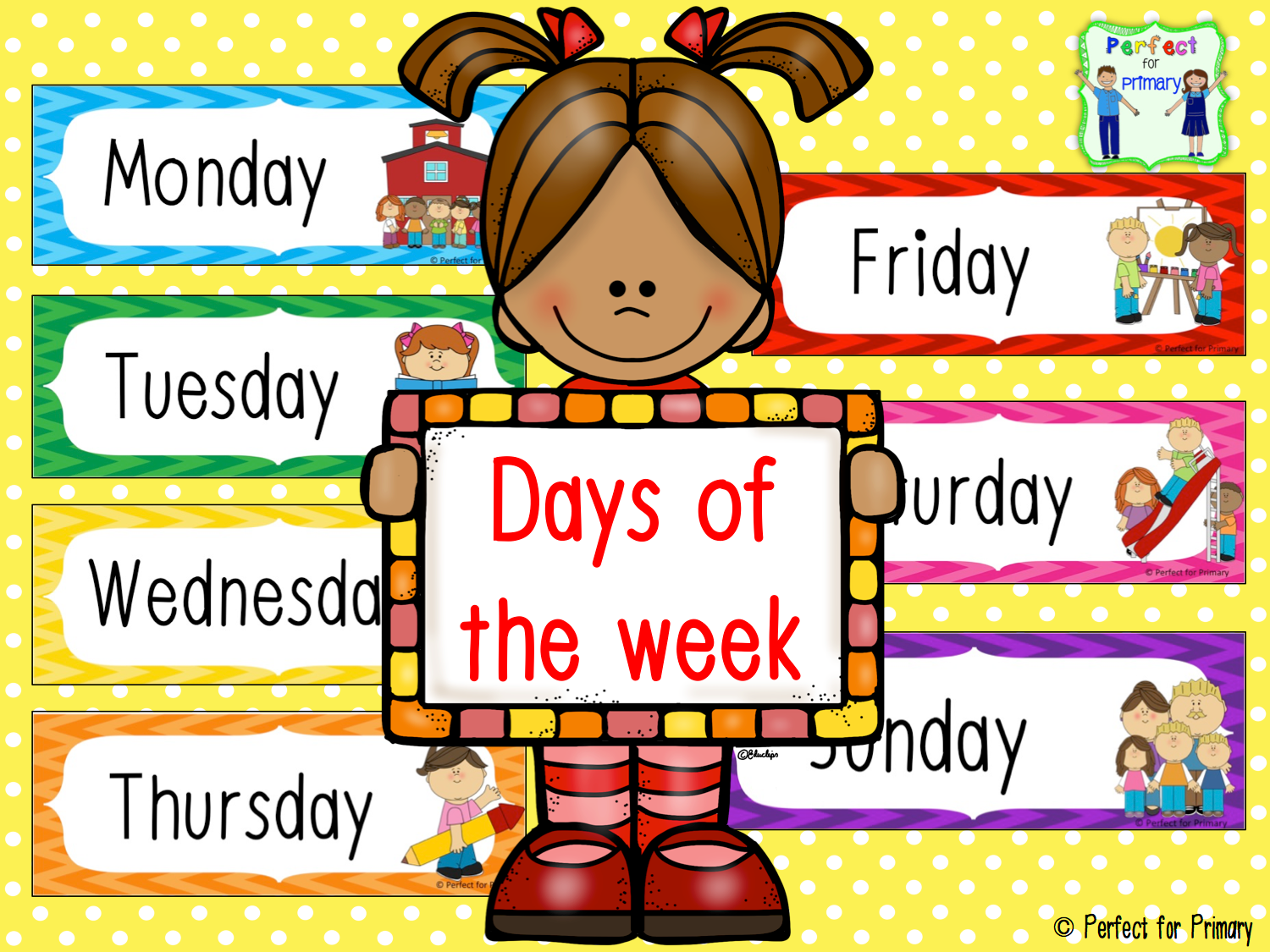Hi peeps, Ruan over here.
I’m really glad to be here once again updating our 232nd post at VPFI!
Esse é o TEXT IN ENGLISH, um projeto para te ajudar a interpretar textos em inglês, TODA SEMANA colocarei um texto em inglês sobre assuntos variados e a suas missões são: ler, entender, e responder as questões que estarão abaixo dele.

DAYS OF THE WEEK
There are seven days of the week, or uniquely named 24-hour periods designed to provide scheduling context and make time more easily measureable. Each of these days is identifiable by specific plans, moods, and tones.
Monday is viewed by many to be the “worst” day of the week, as it marks the return to work following the weekend, when most full-time employees are given two days off. Most students attend school in the morning and return home in the afternoon (usually from about eight until three or seven until two), and most workers go to work in the morning and return home in the evening (usually from nine to five or eight to four).
Tuesday is the second day of the week, and is in many ways similar to Monday. Not a whole lot changes, schedule-wise, between Tuesday and Monday; most individuals go to school or work and return home to watch television, play video games, make plans with friends, spend time with family, read, or engage in a similar leisure-related activity.
Wednesday is the third day of the week, and serves as the “middle” of the work week; some individuals refer to Wednesday as “hump day,” as once its workday is complete, employees will have passed the work-week “hump,” and will be on the downturn, as only two days on the job will remain in the week.
Thursday is the fourth day of the week, and is viewed favorably by many, as it’s rather close to the end of the work week.
Friday is the fifth day of the week, and marks the end of the workweek and school-week for the vast majority of employees and students. By Friday afternoon/evening, most students/workers cannot wait to leave and go home, as they won’t have to report back to school/work until Monday.
Saturday is perhaps the most highly regarded day of the week. Because Sunday follows it (and there is presumably no work or school to attend, for most individuals), everyone is free to stay out (or awake) until late at night, having fun with plans or other leisure-related activities. To be sure, Saturday is generally thought of as a day to partake in hobbies that couldn’t otherwise be enjoyed during the regular week.
Sunday is the final day of the week, and is used by most as a day of rest. Fewer late-night plans are made on Sundays, compared to Saturdays, as most individuals have to wake up for work or school on Monday morning.
QUESTIONS
How many days of the week are there?
What are the days of the weekend?
Which day of the week is sometimes referred to as “hump day”?
A regular work week begins on which day?




